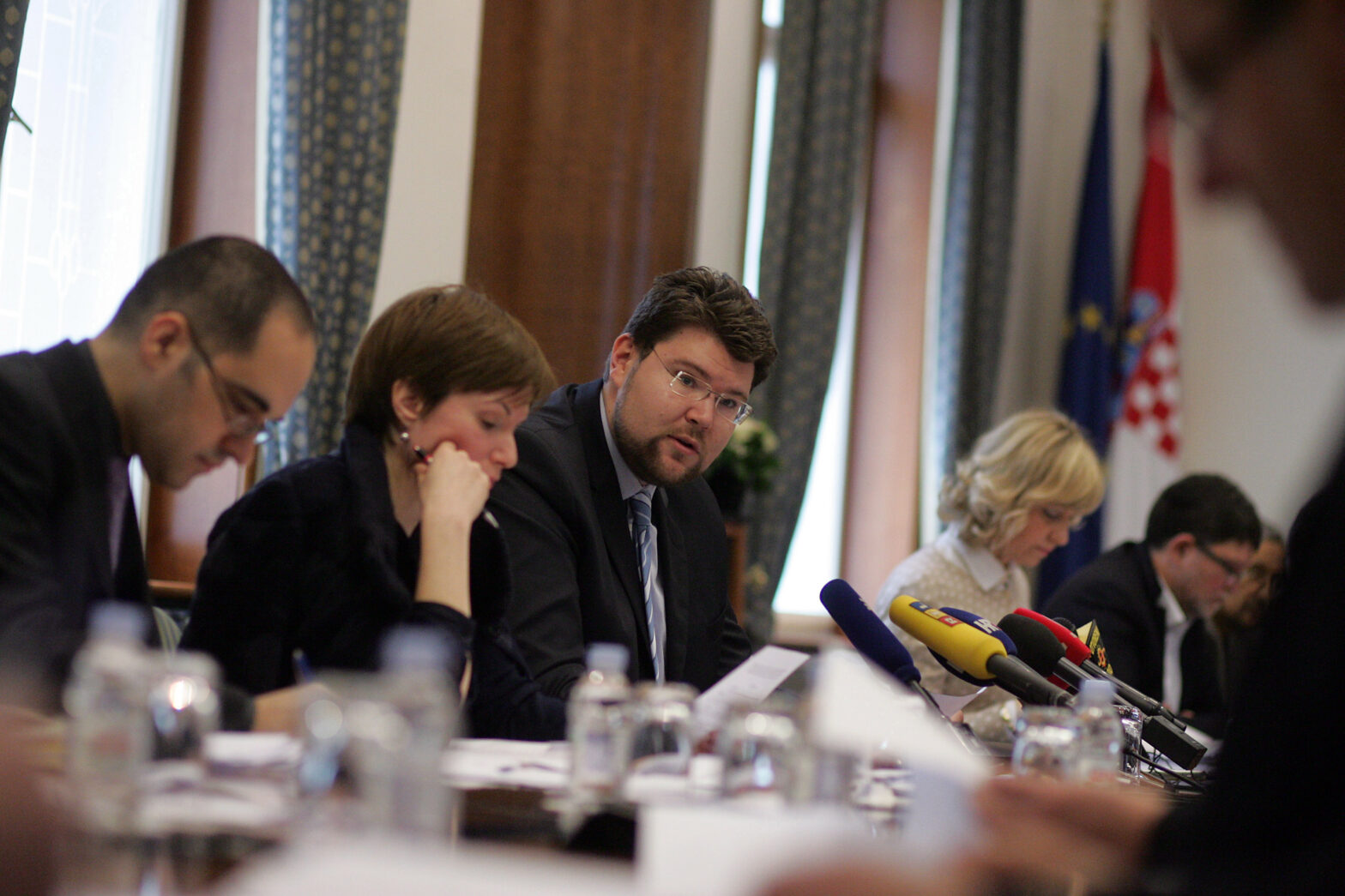The parliamentary committee on the Constitution on Wednesday formulated a new referendum bill which, despite objections from the opposition and the committee’s external members, retains a provision under which signatures for referendum petitions would be collected only in state administration offices and via the e-citizens service.
External member Nenad Zakosek said signature collection must be put in order but that the provision would be interpreted as a restriction of the right to referendums. He said the government had not taken seriously the warnings citizens had sent it through “the referendum boom.”
Dragutin Lesar of the Labour Party reiterated that restricting the collection of signatures to state administration offices, which had office hours, would make it difficult for people with jobs to sign petitions.
Committee chair Pedja Grbin of the ruling Social Democratic Party dismissed Lesar’s argument, reiterating that signatures would be collected in more than 300 state administration offices and that the deadline for collecting them would be extended to 30 working days. He said the deadline might be extended even further.
He said that so far signatures for referendum petitions had been collected at homes, sacral facilities and public institutions. “Now we will know at any time how many citizens signed a petition and we will no longer be shocked such as those who were crosschecking referendum signatures on lists written in the same handwriting, with initials used instead of signatures.”
Lesar responded that elderly persons often asked activists to write down their personal data.
He regretted that the constitutional law on the Constitutional Court was not being changed together with the referendum act so as to stipulate that the Constitutional Court should assess if a referendum question is in line with the Constitution at the beginning of a referendum petition. He said the opposition parliamentary groups had endorsed such a proposal at a recent meeting but that the ruling parties were against it.
Grbin told Hina the meeting was held last week at Lesar’s initiative, saying the ruling parties found the proposal unacceptable if it was not part of a constitutional package which would systematically regulate the referendum issue.
“We proposed that the Constitution should define the topics on which a referendum could not be called. In that context, parliament would define what can be put to a referendum and what cannot. We didn’t succeed in our intention, so parliament must have the possibility to take a position on the validity of each petition,” Grbin said.
